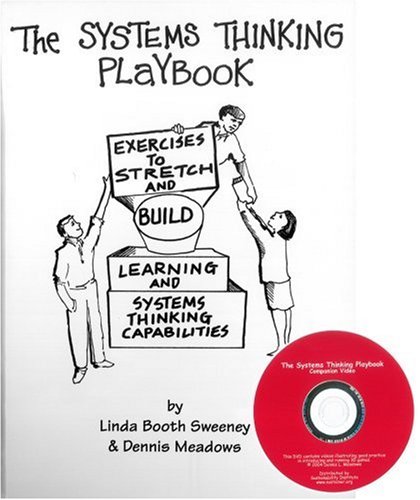

Most ebook files are in PDF format, so you can easily read them using various software such as Foxit Reader or directly on the Google Chrome browser.
Some ebook files are released by publishers in other formats such as .awz, .mobi, .epub, .fb2, etc. You may need to install specific software to read these formats on mobile/PC, such as Calibre.
Please read the tutorial at this link. https://ebooknice.com/page/post?id=faq
We offer FREE conversion to the popular formats you request; however, this may take some time. Therefore, right after payment, please email us, and we will try to provide the service as quickly as possible.
For some exceptional file formats or broken links (if any), please refrain from opening any disputes. Instead, email us first, and we will try to assist within a maximum of 6 hours.
EbookNice Team

Status:
Available5.0
39 reviewsThis book has become a favorite of K-12 teachers, university faculty, and corporate consultants. It provides short gaming exercises that illustrate the subtleties of systems thinking. The companion DVD shows the authors introducing and running each of the 30 games.
The 30 games are classified by these areas of learning – Mental Models, Team Learning, Systems Thinking, Shared Vision and Personal Mastery. Each description clearly explains when, how, and why the game is useful. There are explicit instructions for debriefing each exercise as well as a list of all required materials. A summary matrix has been added for a quick glance at all 30 games. When you are in a hurry to find just the right initiative for some part of your course, the matrix will help you find it.
Linda Booth Sweeney and Dennis Meadows both have many years of experience working with adults. This book reflects their insights. Every game works well and provokes a deep variety of new insights about paradigms, system boundaries, causal loop diagrams, reference modes, and leverage points. Each of the 30 exercises here was tested and refined many times until it became a reliable source of learning. Some of the games are adapted from classics of the outdoor education field. Others are completely new. But all of them complement readings and lectures to help participants understand intuitively the principles of systems thinking.
The book includes many quotations from practitioners, who share their insights about the relevance of specific exercises. There are also citations for related reading.